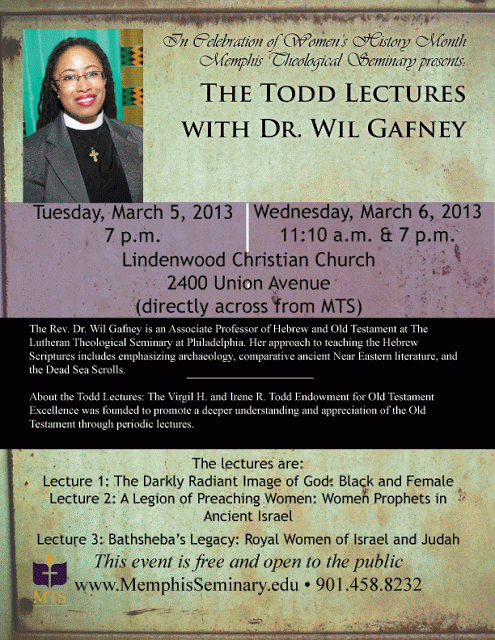The basic premise of my recent book, The Violence of Scripture, is quite simple: the Bible should never be used to harm others. One might imagine such a “profound” truth to be self-evident and hardly worthy of a book length treatment. But the sad reality is that the “good book” has been bad news for far too many people. The Bible has been used to inflict enormous pain upon others and to endorse all kinds of evil. It has been used to... Read more
















